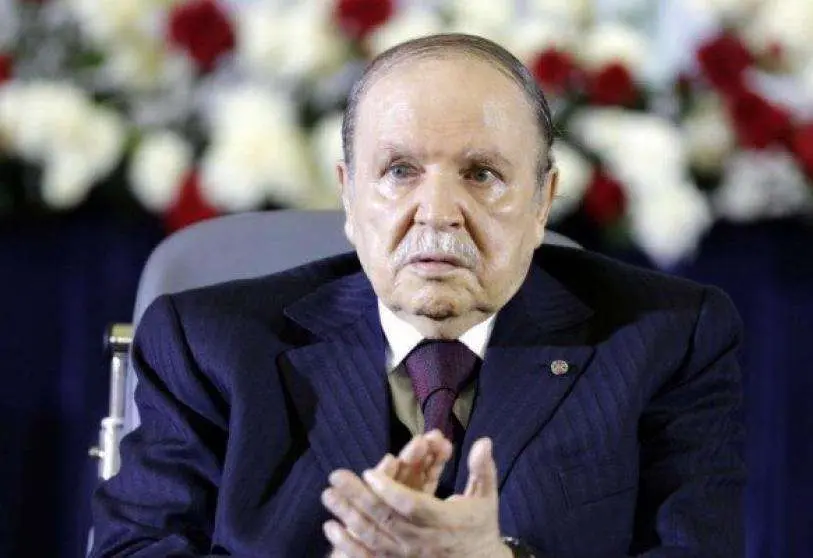Abdelaziz Buteflika, the last symbol of the Algerian Revolution

At the age of 84, Abdelaziz Bouteflika left the stage of world politics, leaving behind a controversial, polemical legacy full of ups and downs. A symbol of the young Algerian Revolution, which he joined at a very young age and of which he was its most famous foreign policy representative for 15 years, becoming president of the UN General Assembly in 1974, he died in his home in Zeralda, on the outskirts of Algiers, lonely and despondent.
Since 2013, when he suffered an ischaemic vascular accident that left him semi-paralysed and speechless, the old Tlemcenian tiger never forgave his people, his friends and his many courtiers for abandoning him and removing him from power by force. The popular Hirak movement helped push him into a corner, but his downfall was "a betrayal by his own people", as all those who had close or distant relations with the elder statesman remember.
Bouteflika will go down in history as the most controversial president of the colonised countries that threw off the yoke of the metropolis in the 1950s and 1960s. He was not a leader of the Revolution, but he joined it and put at its service the verve of his verb and the astuteness of a youth who aspired to change the world. Then a member of the Council of the Revolution led by Colonel Huari Bumedian, Algiers was known as "the Mecca of revolutionaries", hosting a host of anti-colonialist liberation movements, revolutionary movements and through which all the prominent figures of the Non-Aligned Movement passed.
After a 20-year long desert crossing, caused by infighting within Algeria's political-military hierarchy, Bouteflika returned to the country in 1999 to offer peace and national reconciliation. The Algerian people acclaimed him and elected him president, a position he held for two decades, although in recent years he ruled through proxies: his brother Said and the army chief of staff, Ahmed Gaid Salah.
However, his dream of Algeria's rebirth failed when he was unable to impose himself on the military leadership and the intelligence services, which had been, were and still are the backbone of power. Bouteflika wanted to rebuild relations with Morocco and definitively resolve the Western Sahara issue on the basis of an agreement between the states involved, sponsored by Saudi Arabia, but failed to do so. He attended in person the state funeral of King Hassan II in Rabat, which was attended by a large majority of kings and heads of state from all over the world. He even went so far as to parade behind the royal coffin, alongside the then Crown Prince and now King Mohammed VI. His hope of reconciling the two peoples and the two states was dashed by the self-interested intransigence of the military elite.
He leaves behind a legacy full of unknowns: some argue that he deserves a state funeral; others that his socio-economic legacy has been catastrophic; still others that he encouraged corruption, nepotism and the squandering of public assets in all spheres of power.
His relations with Spain were, like his reign, fraught with ambiguity. He defended a policy of harshness between Algiers and Madrid, welcoming ETA, the Internationalist Communist Party, Antonio Cubillo's MPAIAC and defenders of the Third Spanish Republic, but also, once he came to power in the 2000s, he was "Spain's best friend", promoting the expansion of economic and financial relations, hitherto monopolised by France, Russia and the United States.
Algeria's current powers, the Presidency, the security services and the armed forces, are faced with a dilemma: what to do with the figure of the deceased, a state funeral or a discreet burial in the El Alia cemetery, alongside other old glories of the Revolution?

